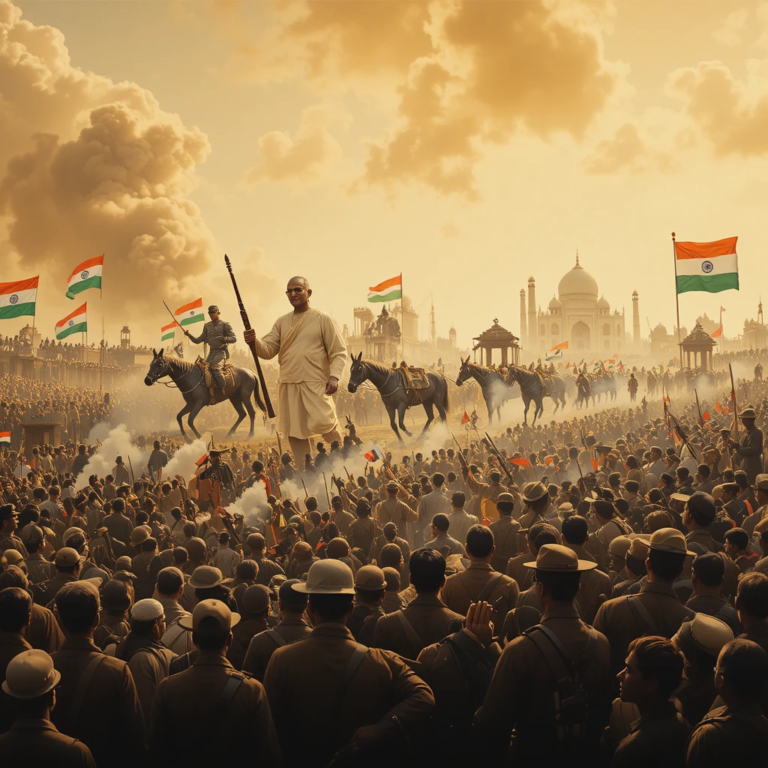Introduction
In the Monsoon Session of Parliament 2025, the Government of India introduced the 130th Constitutional Amendment Bill, which has been referred to a Joint Parliamentary Committee (JPC). While the Bill was presented as a reform-oriented measure, critics argue that it undermines the Constitution’s basic structure, centralizes power in the Union executive, and legalizes practices that go against the principles of federalism, judicial independence, and civil liberties.
Table of Contents
The debate around this amendment cannot be separated from recent political developments — ranging from the misuse of enforcement agencies to topple elected governments, prolonged incarceration of opposition leaders, and the questionable role of electoral bonds and corporate acquisitions.
This article examines the constitutional, legal, and political implications of the amendment in light of recent precedents.
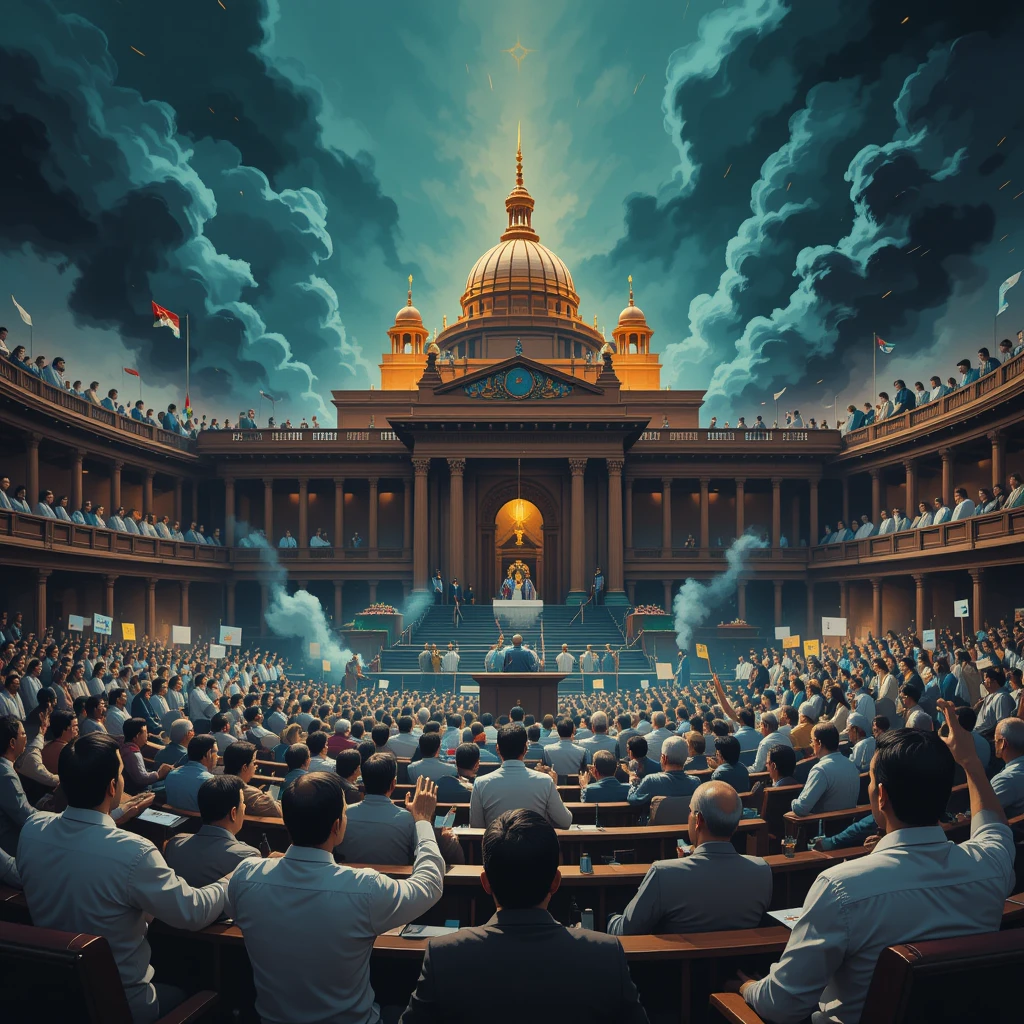
I. Constitutional Framework and Violations
1. Basic Structure Doctrine
- The Kesavananda Bharati v. State of Kerala (1973) case established that Parliament cannot alter the basic structure of the Constitution.
- The 130th Amendment, critics argue, directly weakens:
- Article 14 (Equality before Law)
- Article 19 (Freedom of Speech & Association)
- Article 21 (Right to Life & Liberty)
- Article 50 (Separation of Judiciary and Executive)
2. Federalism under Threat
- Recent amendments tend to concentrate power in the Union Government, marginalizing States’ autonomy(protected under Articles 245–263).
- This weakens cooperative federalism and risks creating a unitary state model.
II. Misuse of Criminal Law and Civil Service Protections
1. New Criminal Codes: Remand & Custody
The BJP-led government recently overhauled the IPC, CrPC, and Evidence Act. The provisions expand police custody from 15 to 60 days in serious cases, creating space for prolonged detentions.
- Critics argue this violates Article 22 (Protection against arbitrary arrest).
- It also undermines judicial safeguards, allowing agencies to keep political opponents incarcerated without trial.

2. Civil Service Protection Laws
Recent amendments shield bureaucrats from independent inquiry unless approved by the government. This raises concerns under:
III. Political Arrests and Bail Observations
1. The Kejriwal Case (Delhi Excise Policy)
Delhi CM Arvind Kejriwal was arrested by the Enforcement Directorate (ED) and kept in custody for months. The Supreme Court, while granting interim bail, observed that:
- Bail is the rule, jail is the exception.
- Prolonged incarceration without trial violates personal liberty under Article 21.
2. The Manish Sisodia and Sanjay Singh Cases
Both AAP leaders faced similar treatment — long periods in custody, multiple remand extensions, and delayed bail hearings. Courts pointed out:
- Investigating agencies cannot file repeated supplementary chargesheets to defeat bail rights.
- Delay tactics by agencies undermine the right to a speedy trial.
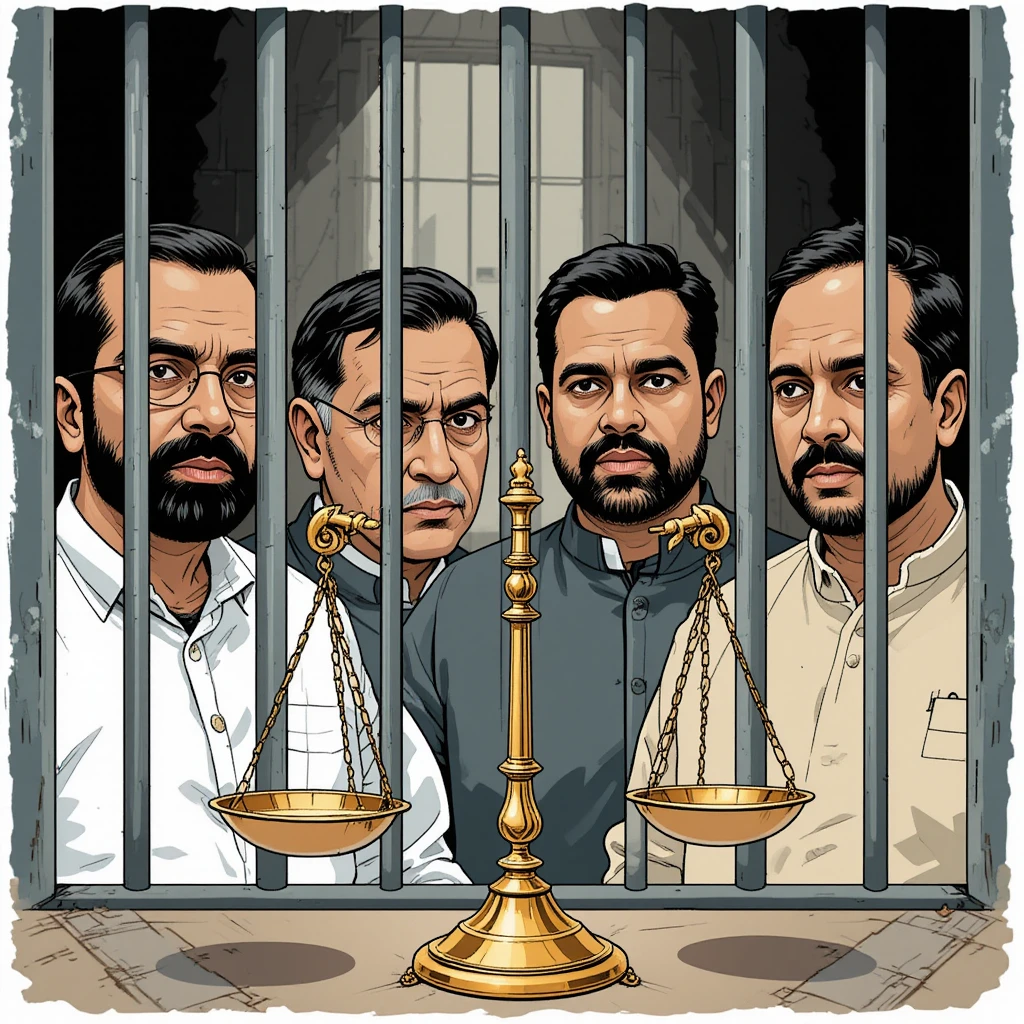
3. Hemant Soren (Jharkhand CM)
Soren was arrested by the ED just before the Jharkhand assembly session. His arrest was termed politically motivated, highlighting misuse of central agencies to destabilize state governments.
IV. Selective Prosecution and Double Standards
1. Ajit Pawar and Maharashtra Politics
While opposition leaders face arrests and long jail terms, Ajit Pawar, once accused in a multi-thousand-crore irrigation scam, was inducted into the BJP-led Maharashtra government. Investigations slowed down after his alignment with the ruling party.
2. Agency Misuse in State Government Toppling
- Madhya Pradesh (2020), Maharashtra (2022), Jharkhand (2024) saw governments collapse following ED/CBI/IT interventions.
- MLAs defect under pressure, raising questions about the misuse of investigative powers for political engineering.
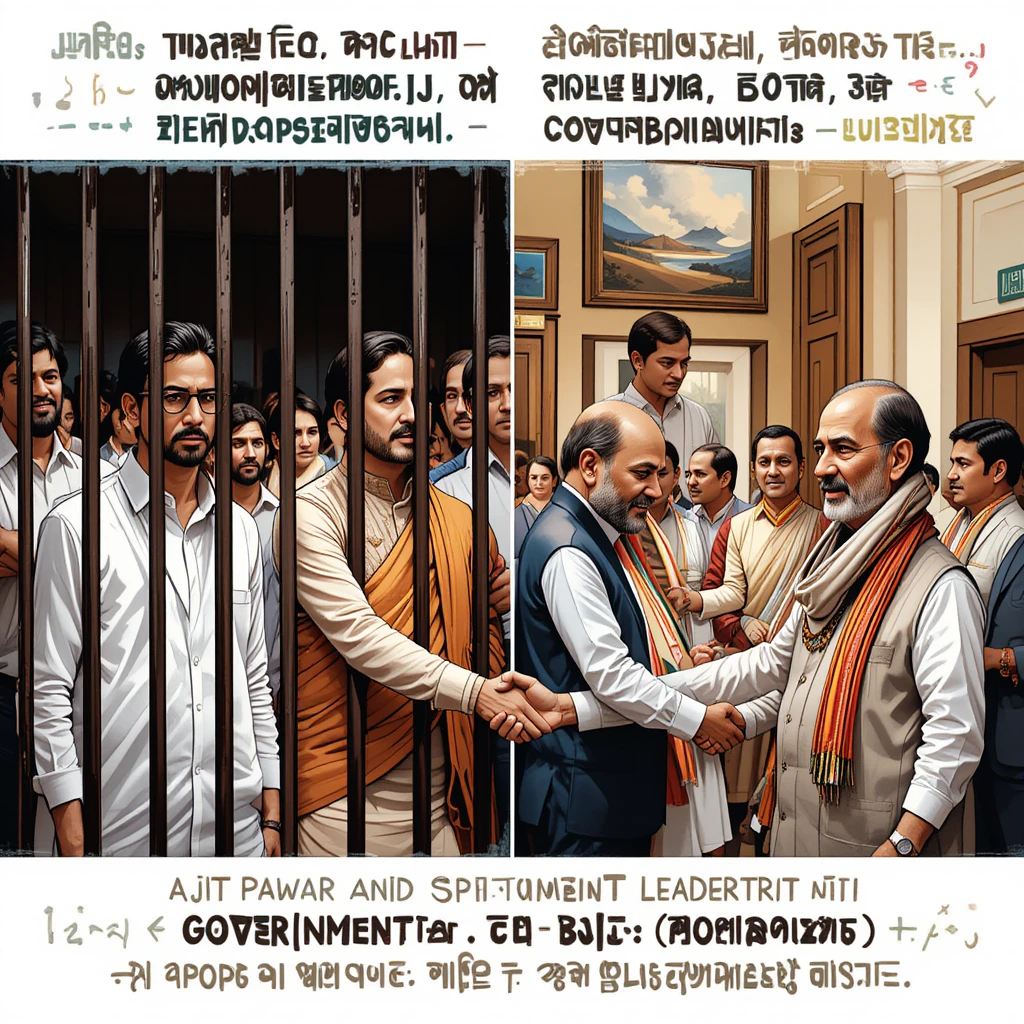
V. Electoral Bonds, Corporate Capture, and Extortion
1. Electoral Bond Scandal
The Supreme Court in 2024 struck down electoral bonds as unconstitutional (violating Article 19(1)(a)). Observations included:
- Lack of transparency fosters corruption.
- Bonds facilitated quid pro quo funding from corporates to ruling parties.
2. Corporate Acquisitions and Cronyism
Several companies have been taken over by groups close to the ruling establishment, often after facing IT/ED raids. This creates a climate of fear and discourages independent business operations.
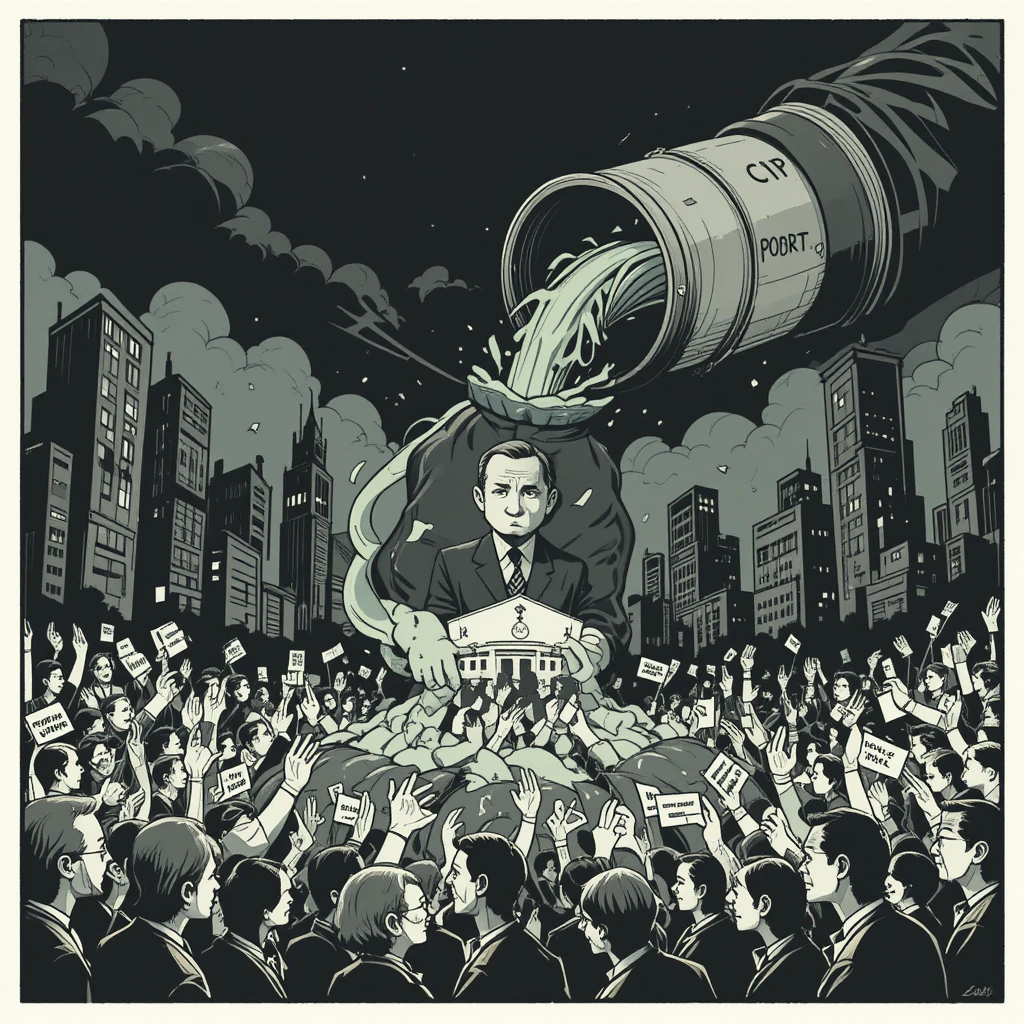
VI. Judicial Observations and Democratic Safeguards
- The Supreme Court and High Courts have repeatedly reminded that “bail, not jail” is the constitutional norm.
- Political neutrality of investigative agencies is essential for democracy.
- Over-centralization, prolonged custody, and selective prosecution erode the foundations of justice, liberty, equality, and fraternity enshrined in the Preamble.
VII. Conclusion: Why the 130th Amendment is Unconstitutional
The 130th Constitutional Amendment, seen in the backdrop of selective arrests, misuse of agencies, and corporate-political nexus, threatens to alter India’s constitutional balance. It violates:
- Basic Structure Doctrine (Kesavananda Bharati, 1973)
- Fundamental Rights (Articles 14, 19, 21, 22)
- Federalism and Separation of Powers (Articles 245–263, 50)
When viewed alongside political arrests, electoral bond corruption, and weakening of judicial safeguards, the amendment appears less as a reform and more as an attempt to legalize authoritarian control.
References / Footnotes
- Kesavananda Bharati v. State of Kerala, AIR 1973 SC 1461.
- Indira Gandhi v. Raj Narain, 1975 Supp SCC 1.
- State of Uttar Pradesh v. Raj Narain, (1975) 4 SCC 428.
- Supreme Court Judgment on Electoral Bonds, Feb 2024.
- Judicial observations in Kejriwal, Sisodia, Sanjay Singh, Hemant Soren bail hearings (2023–2025).

